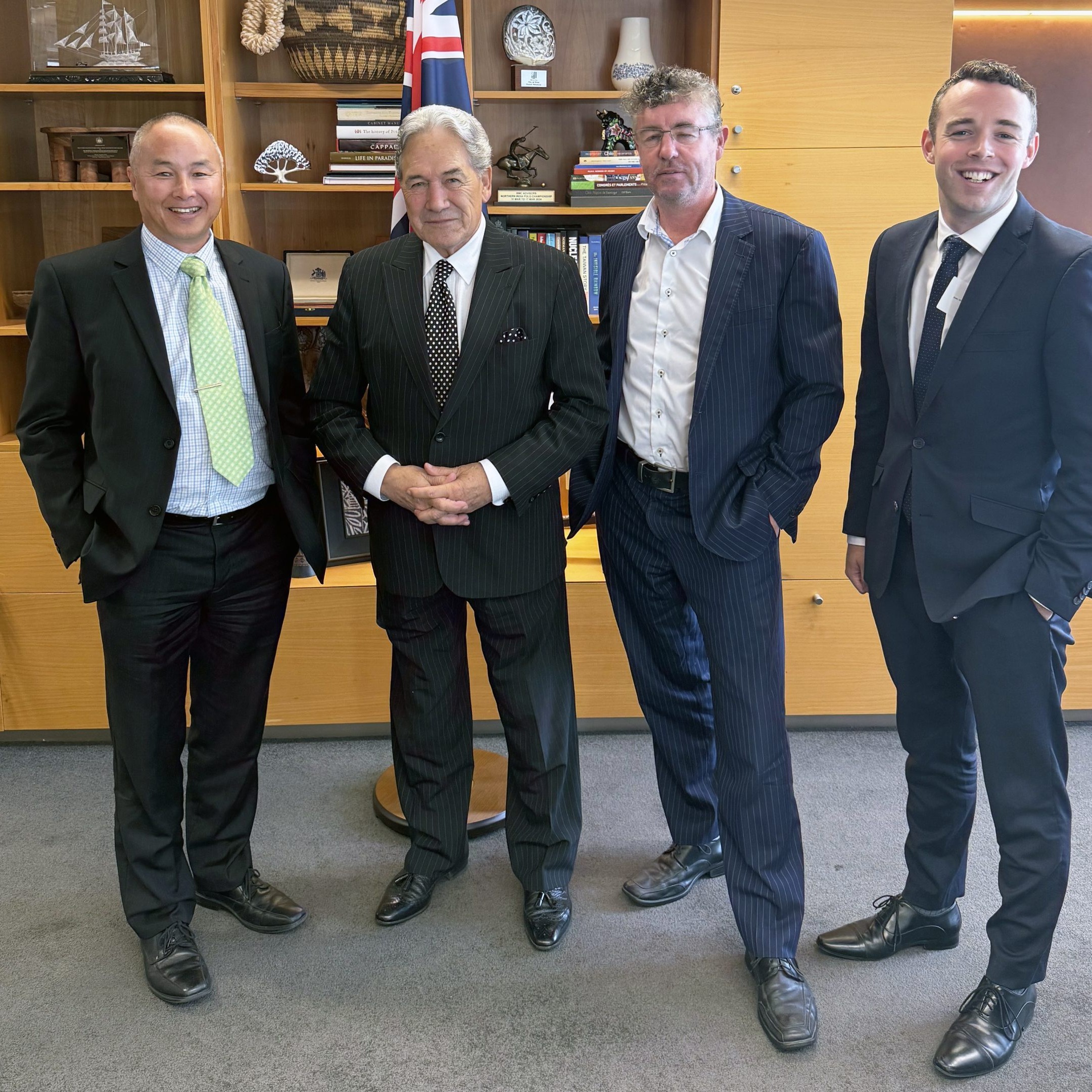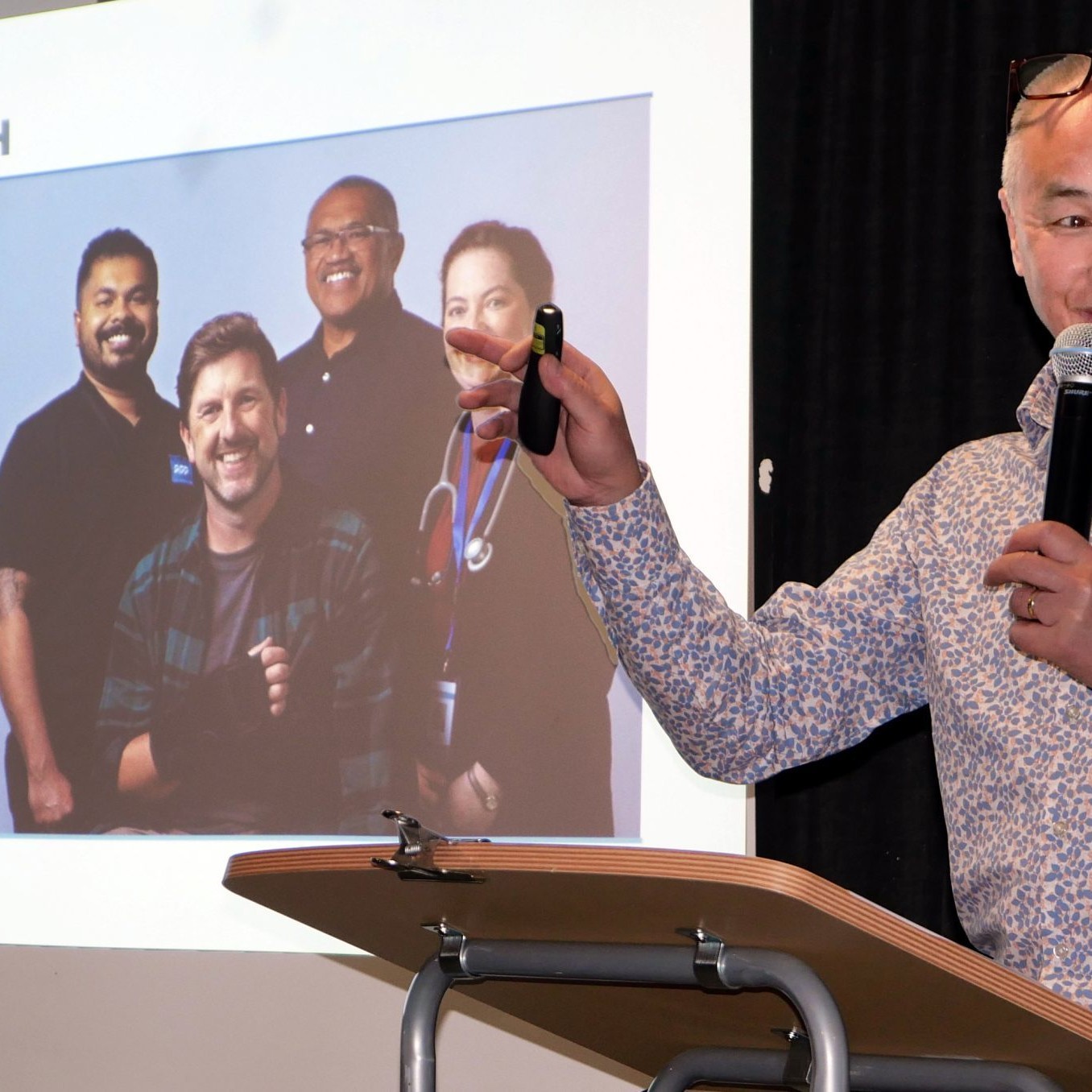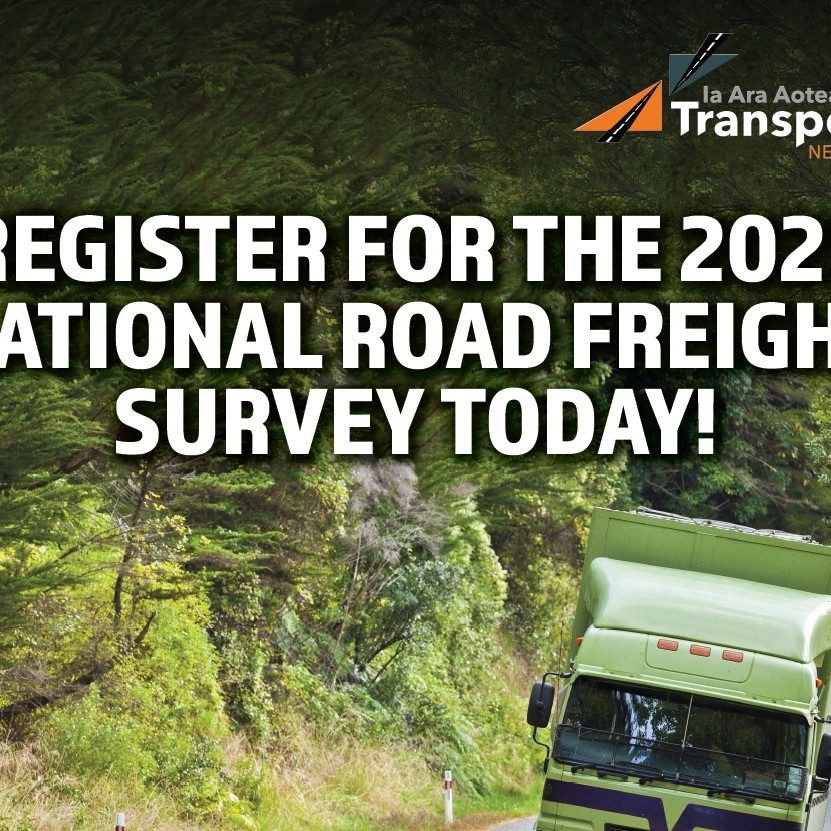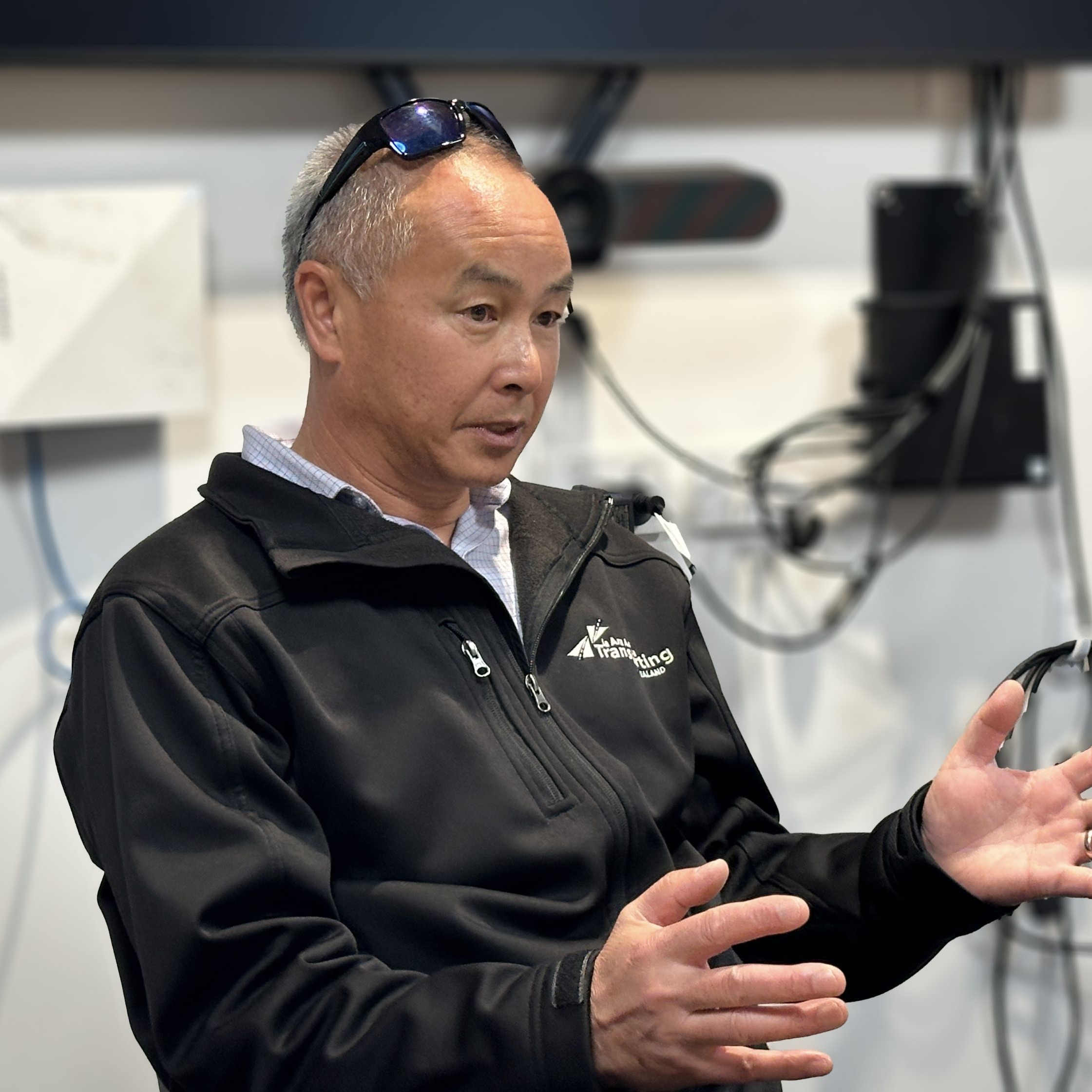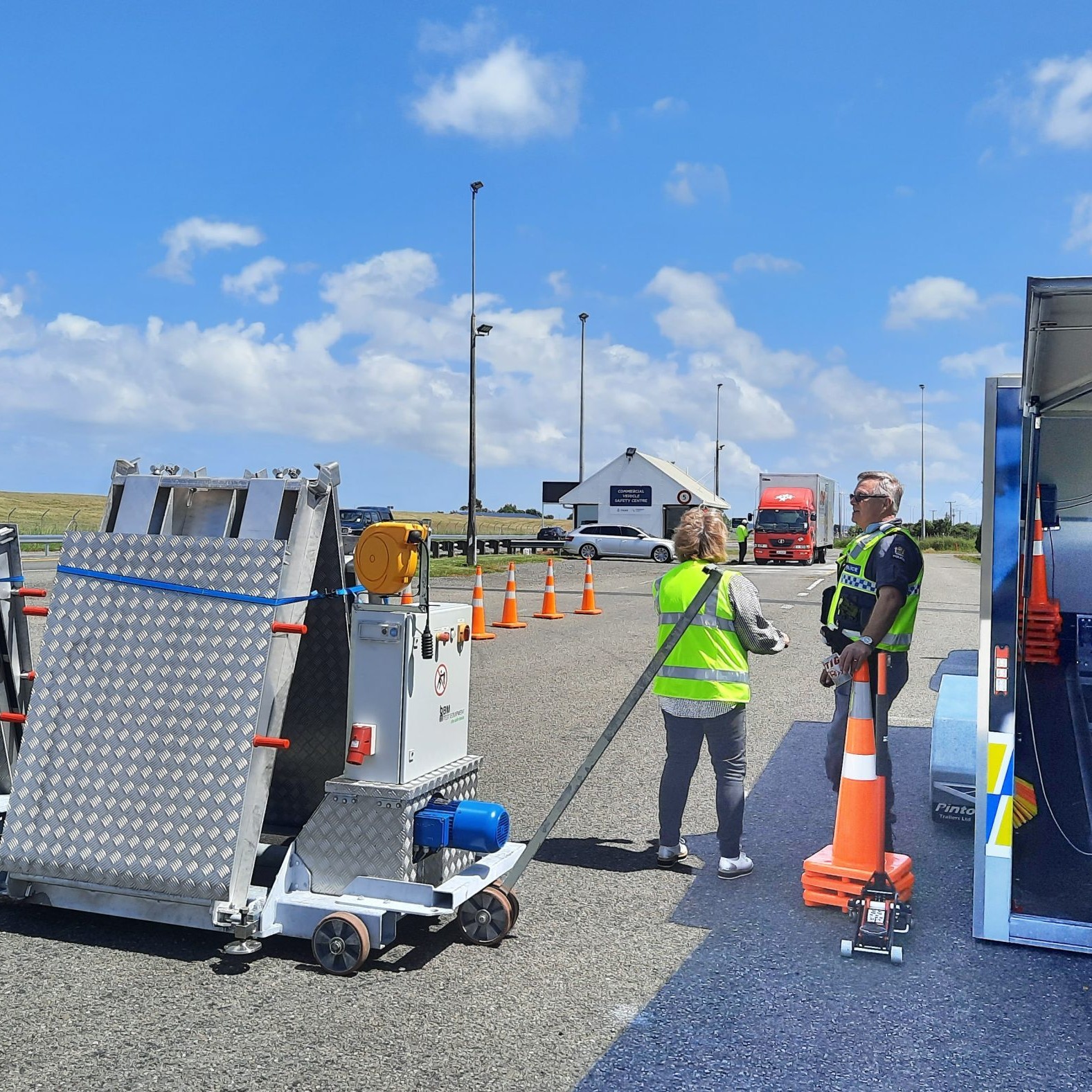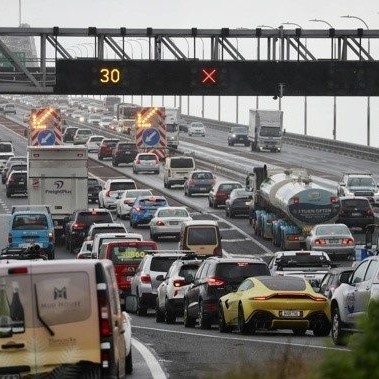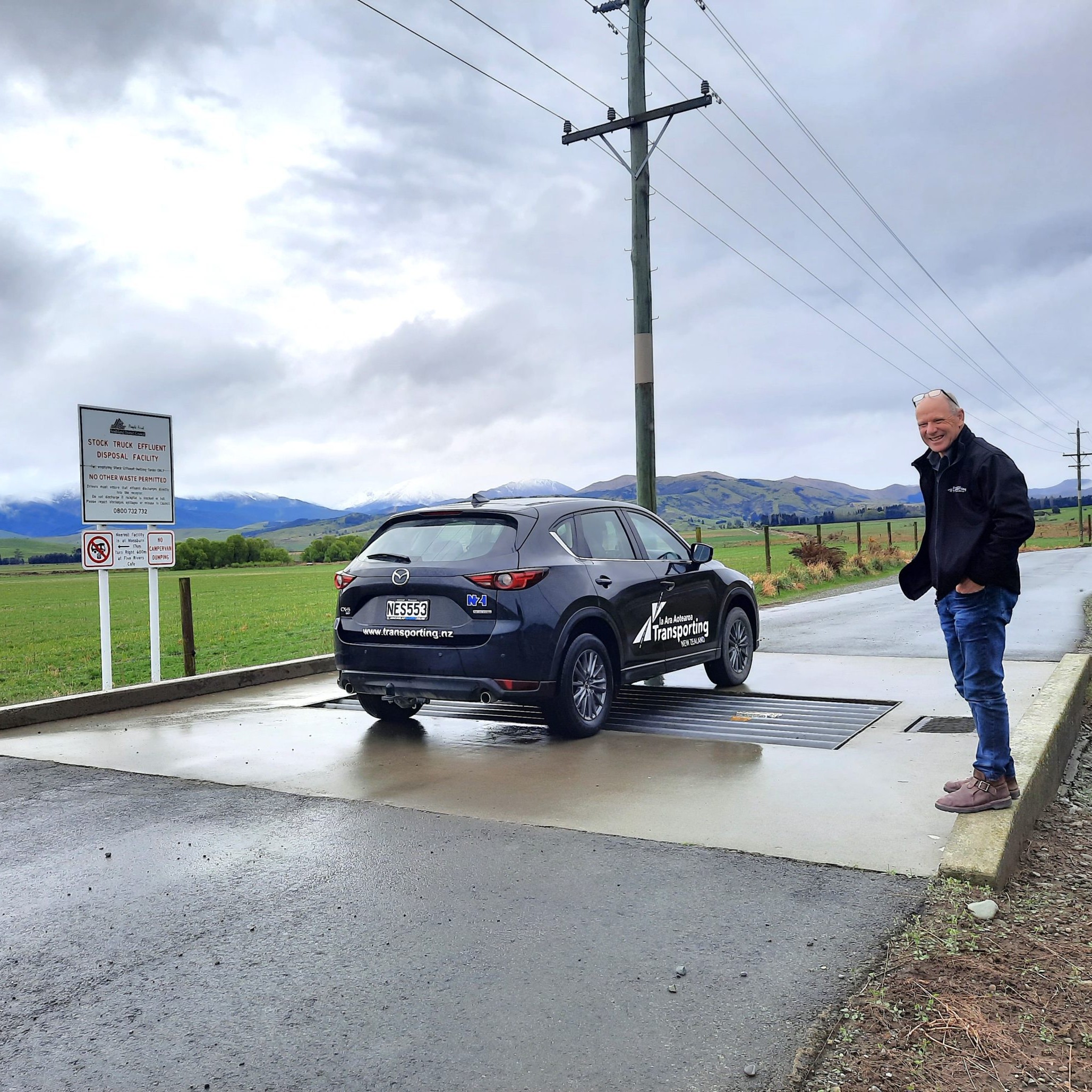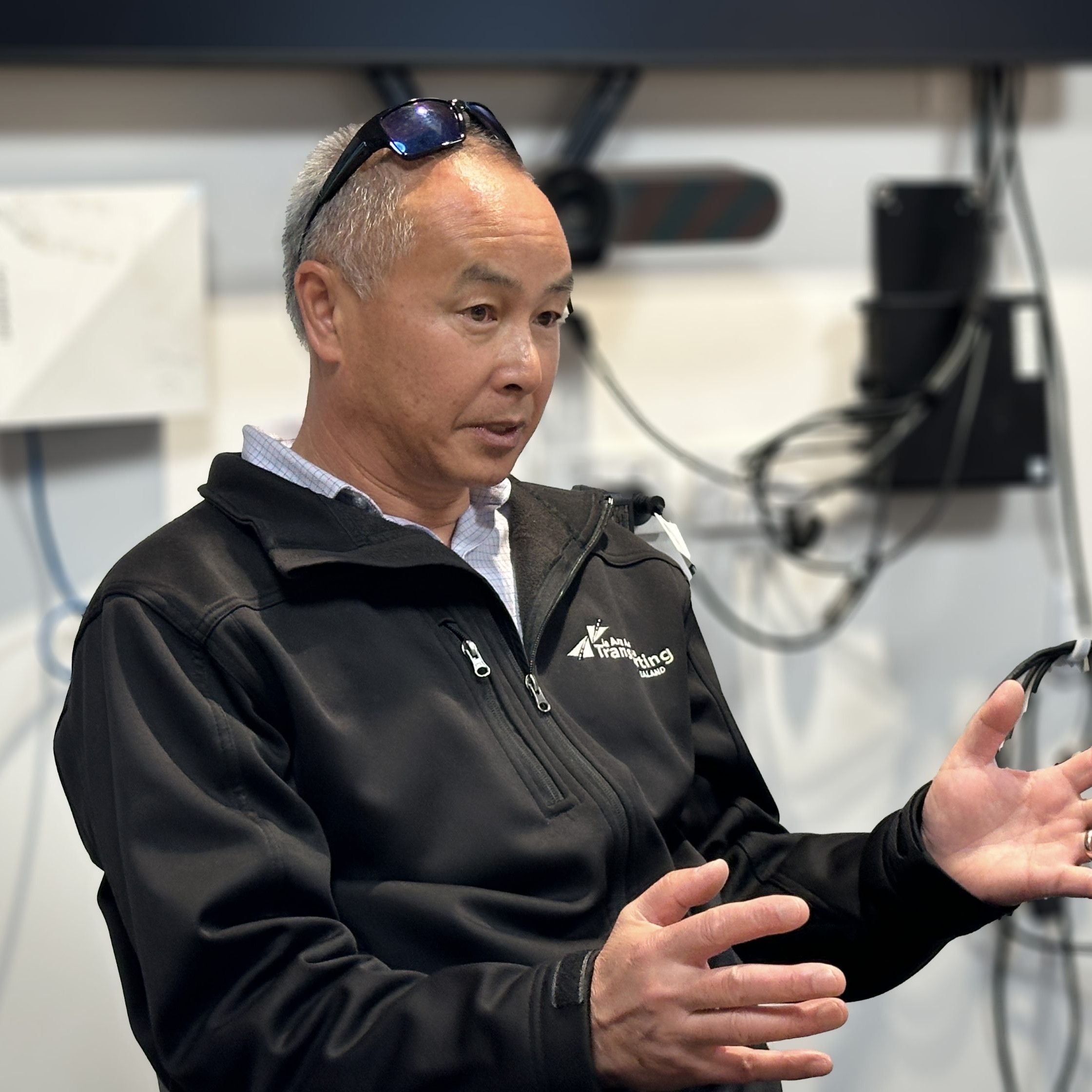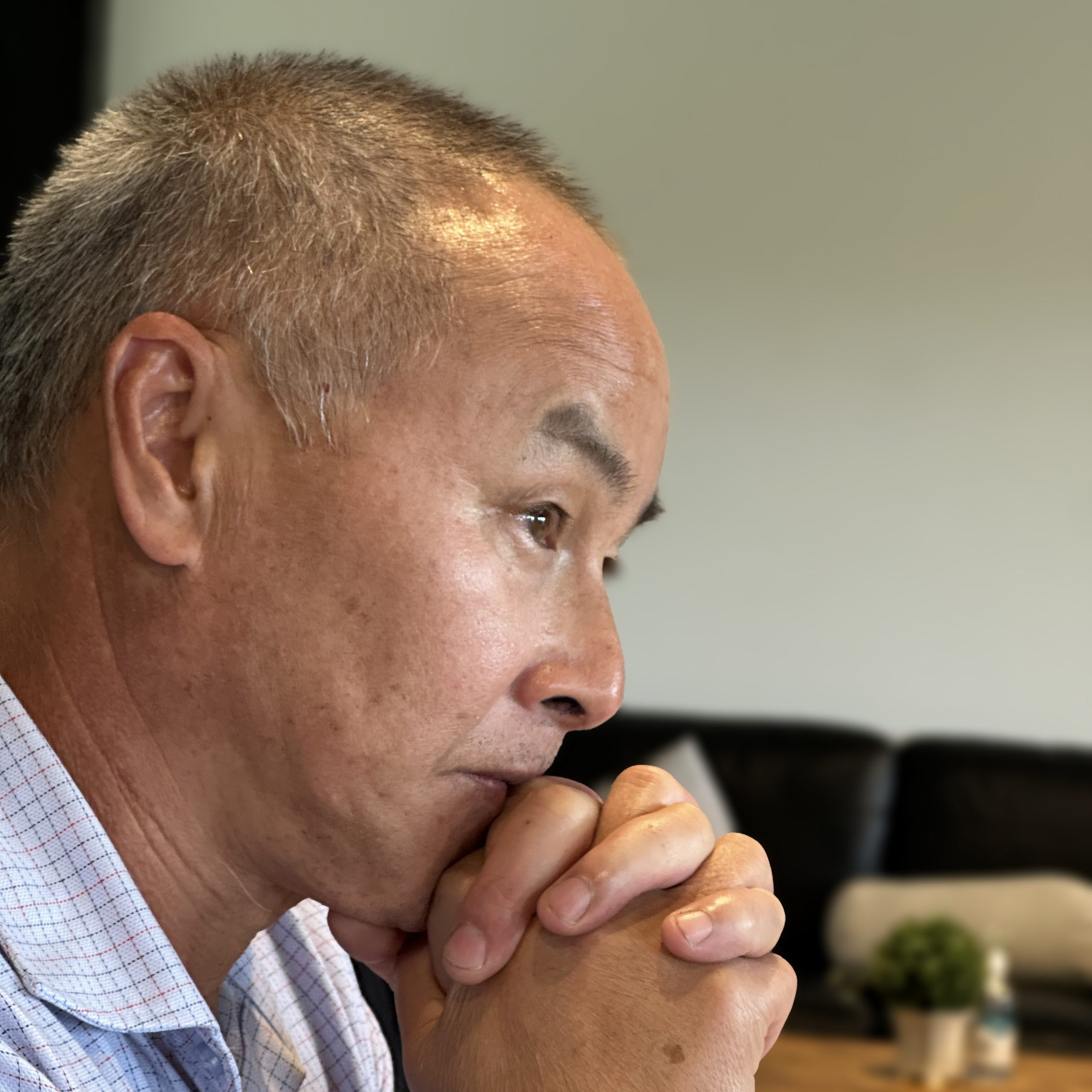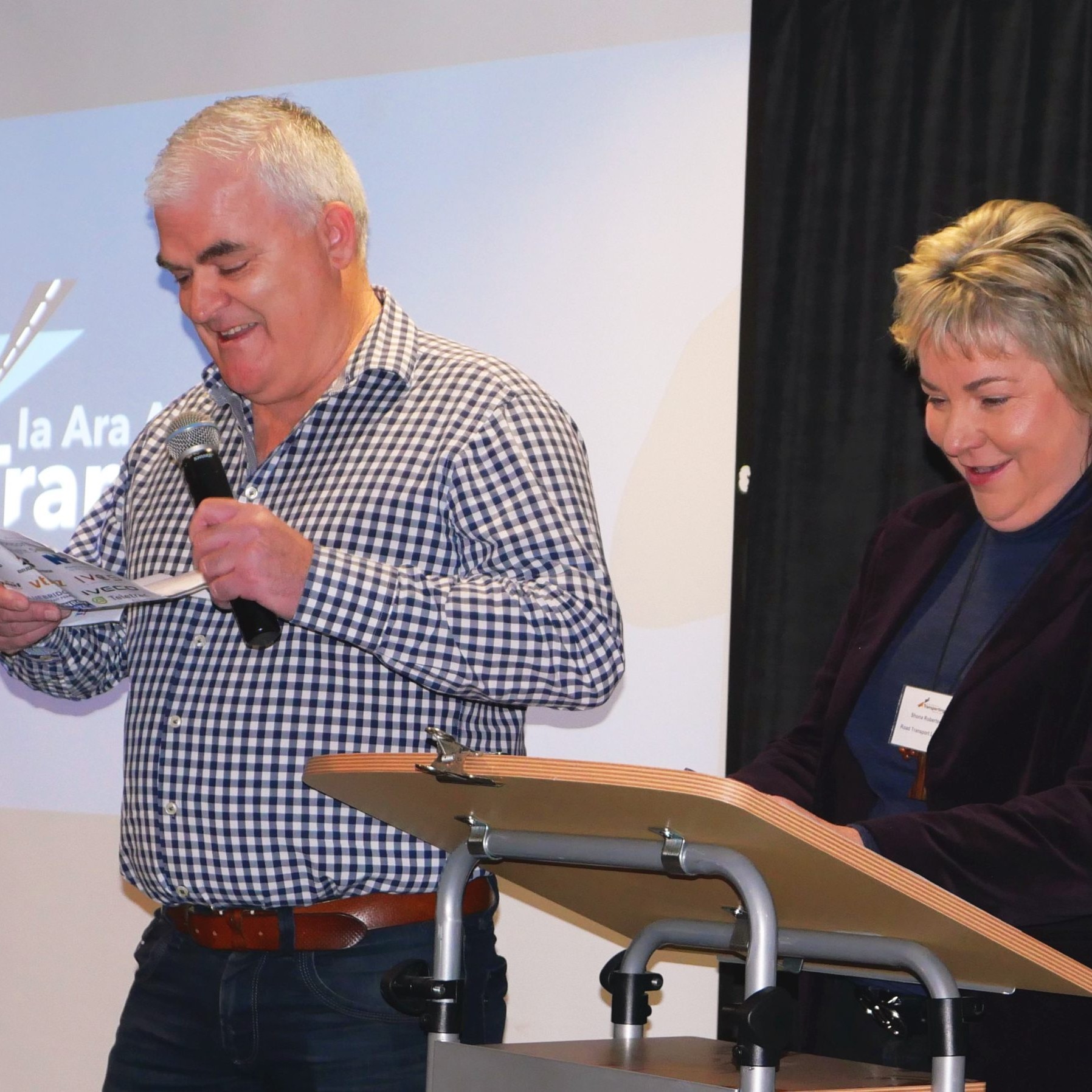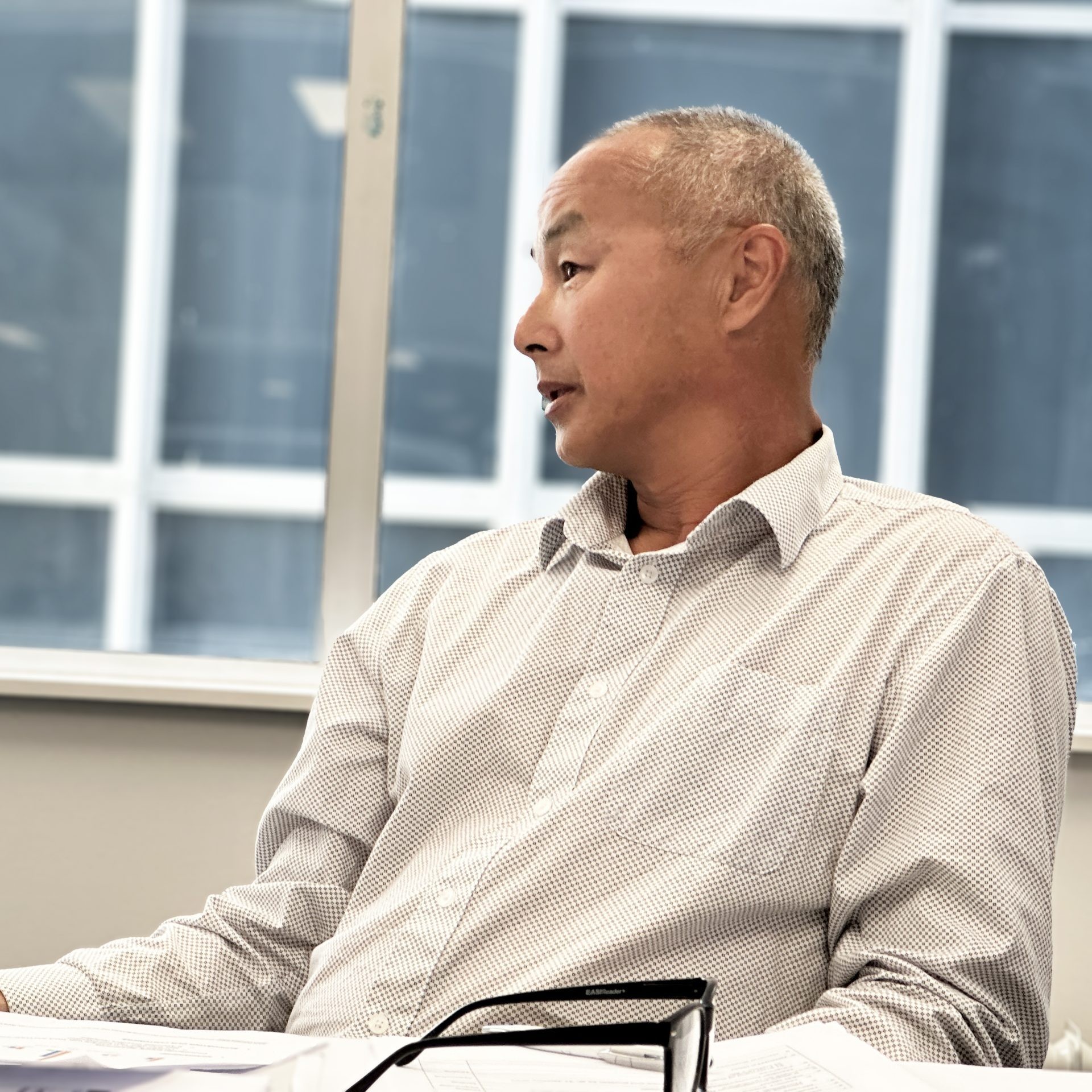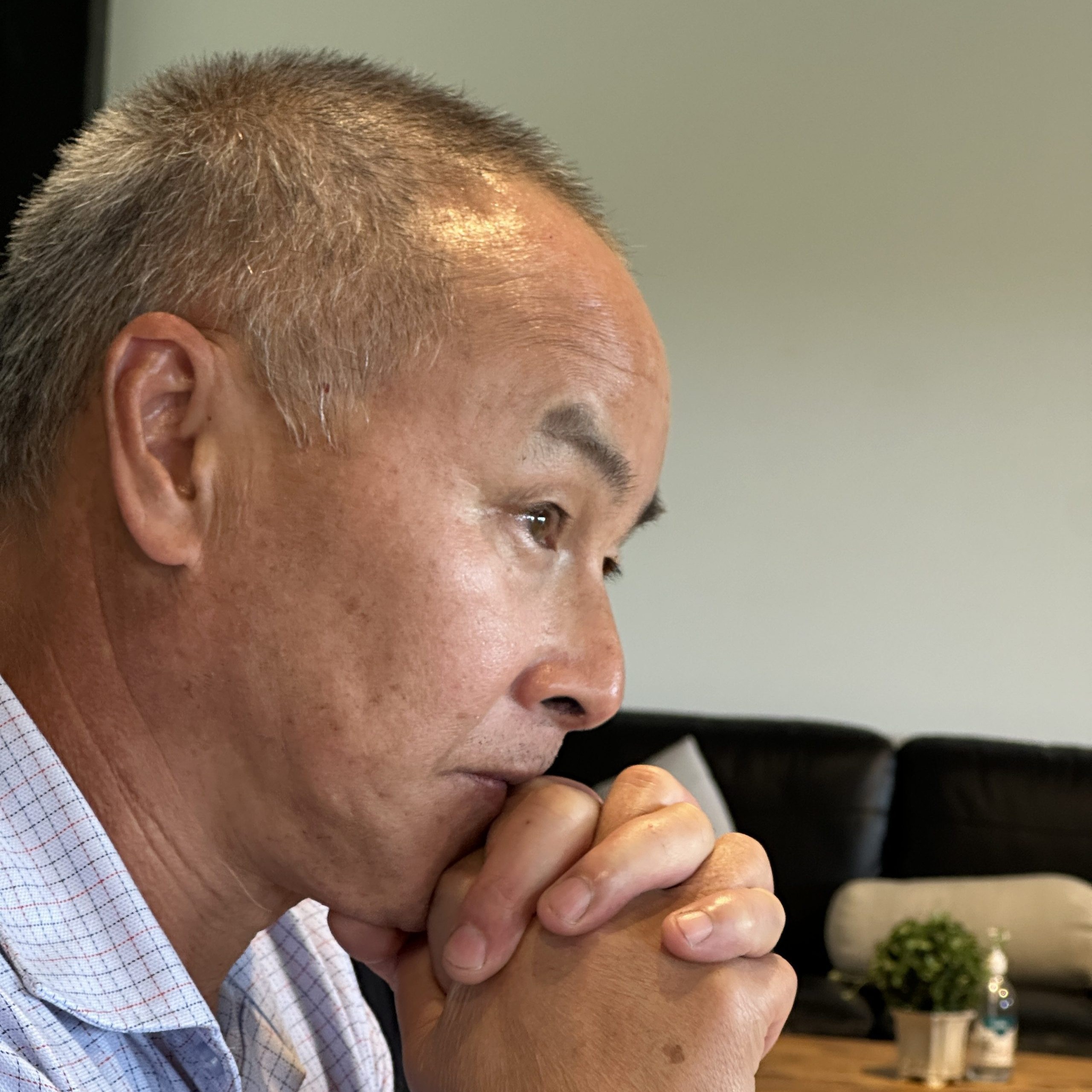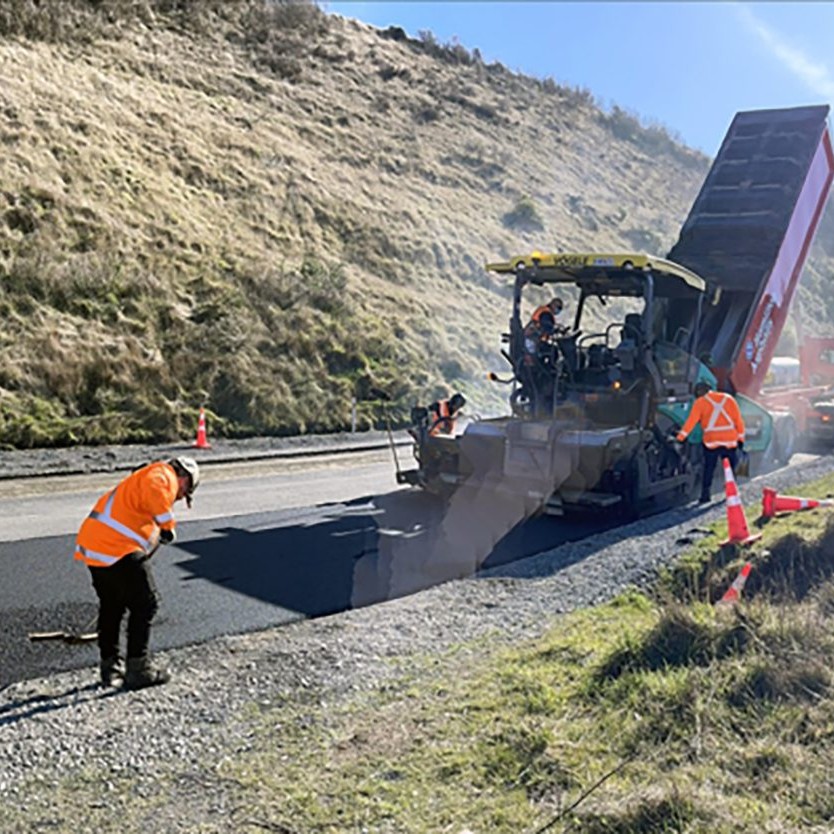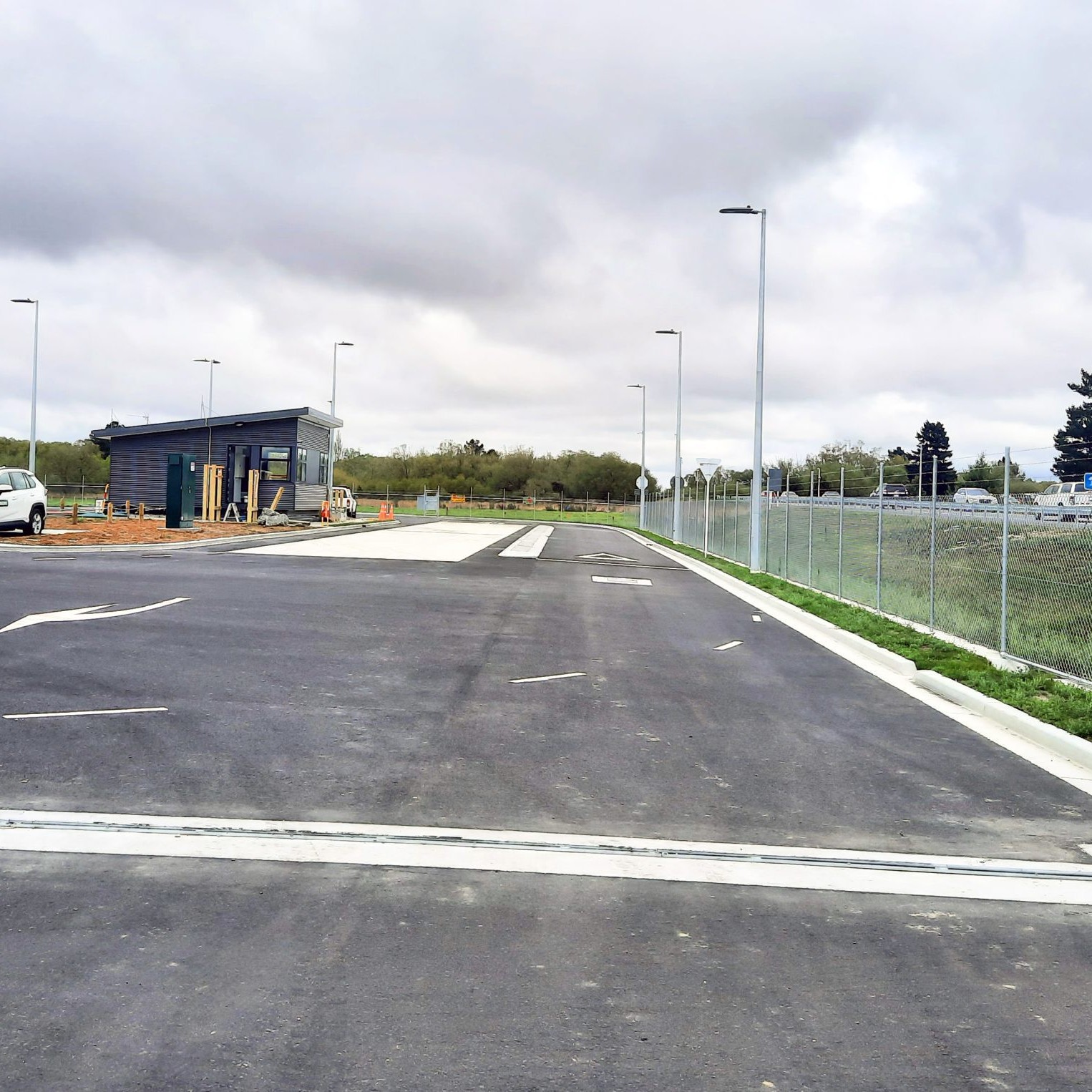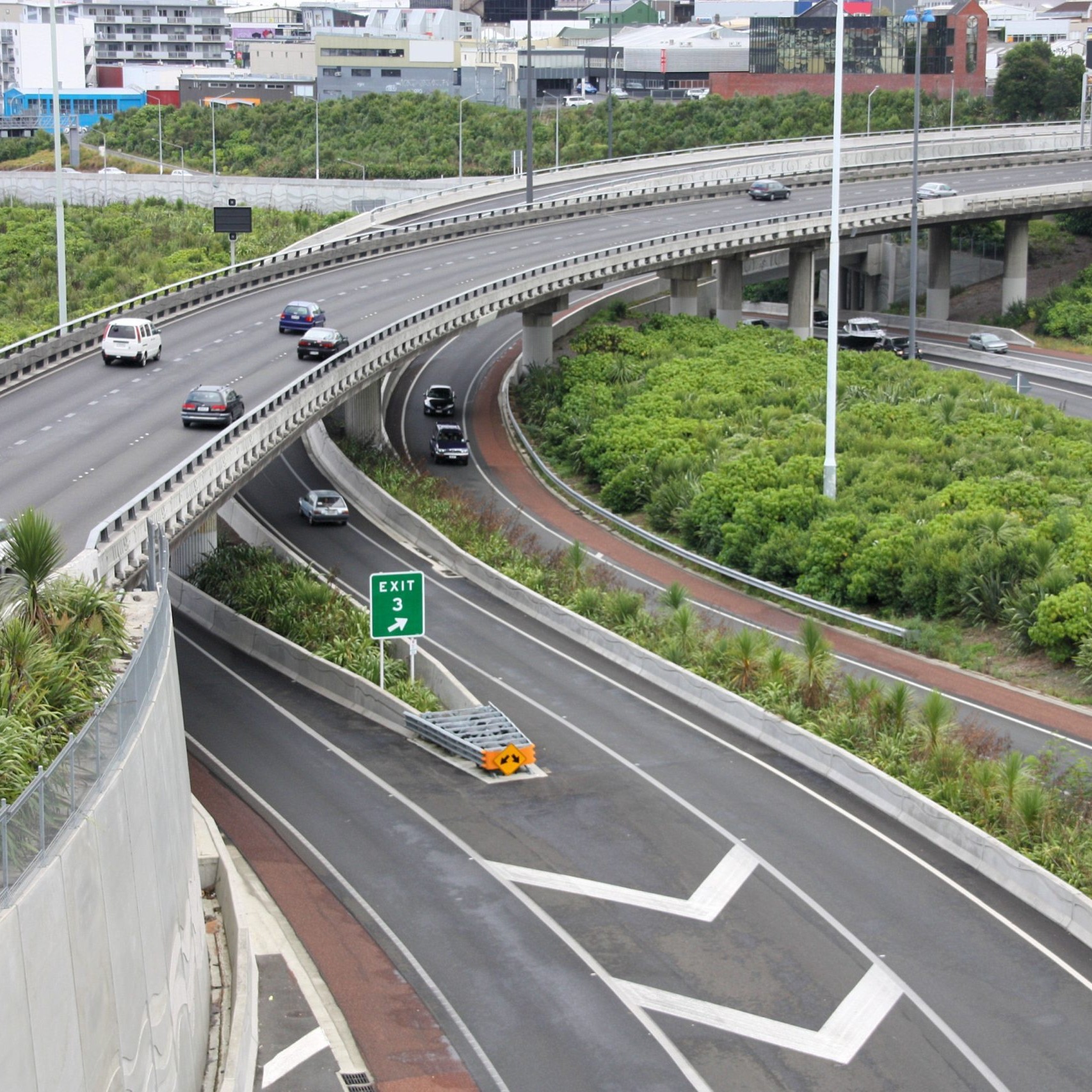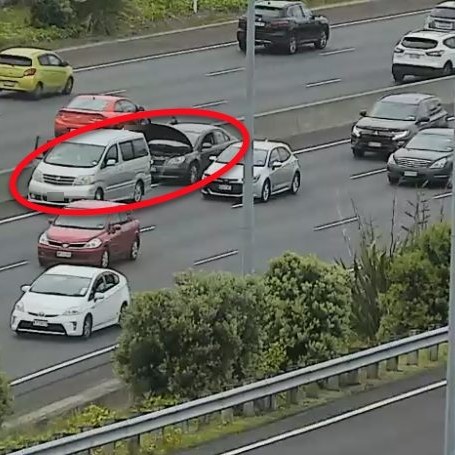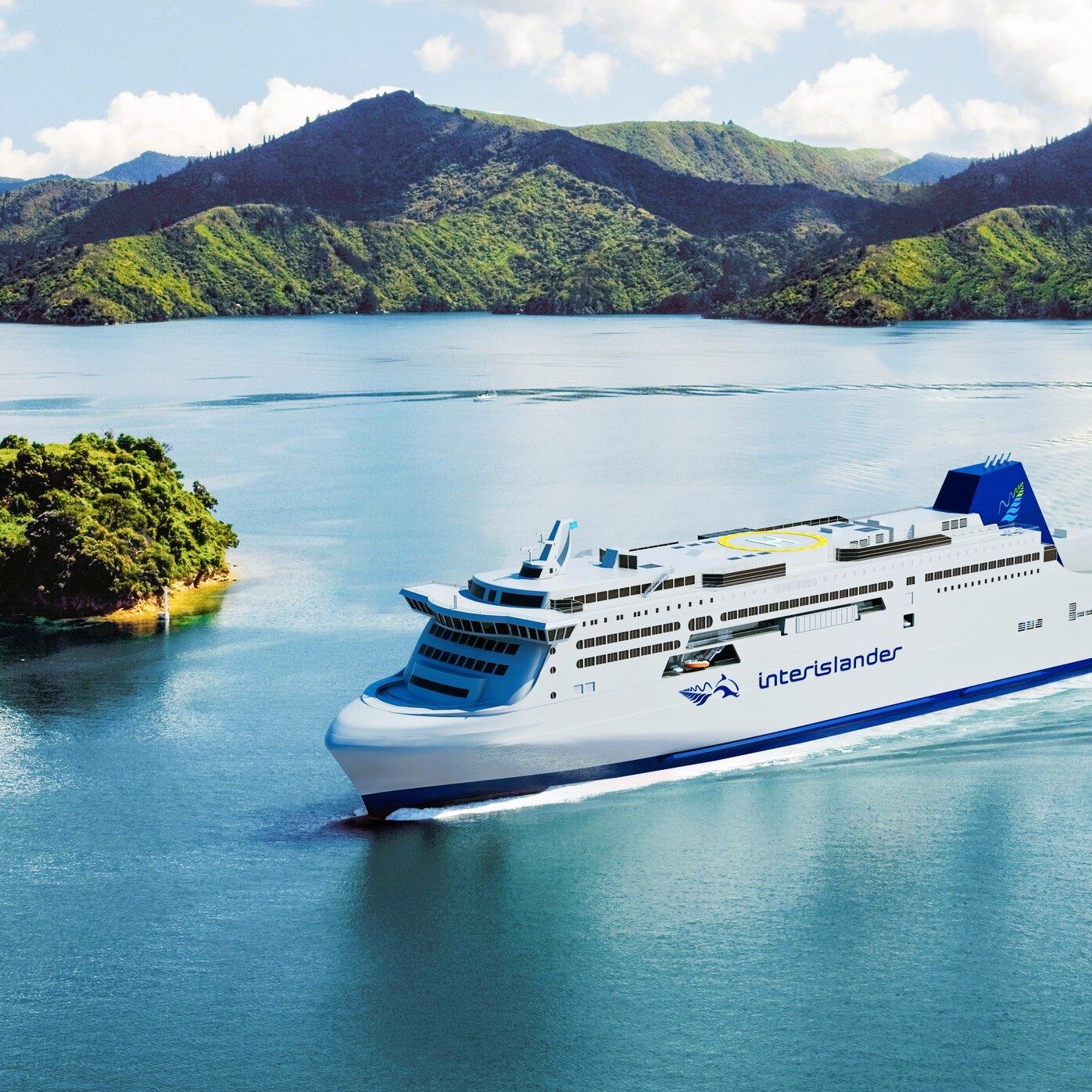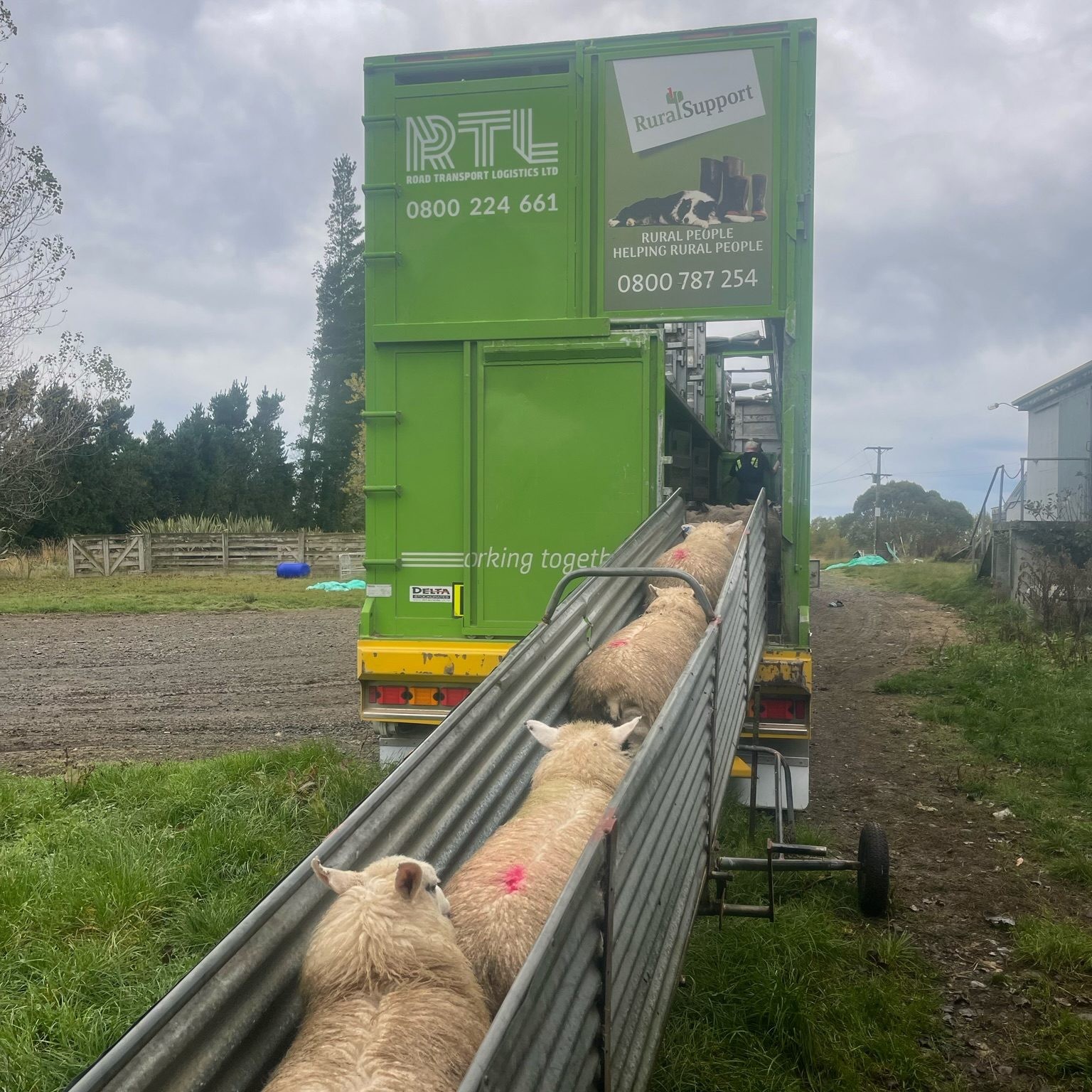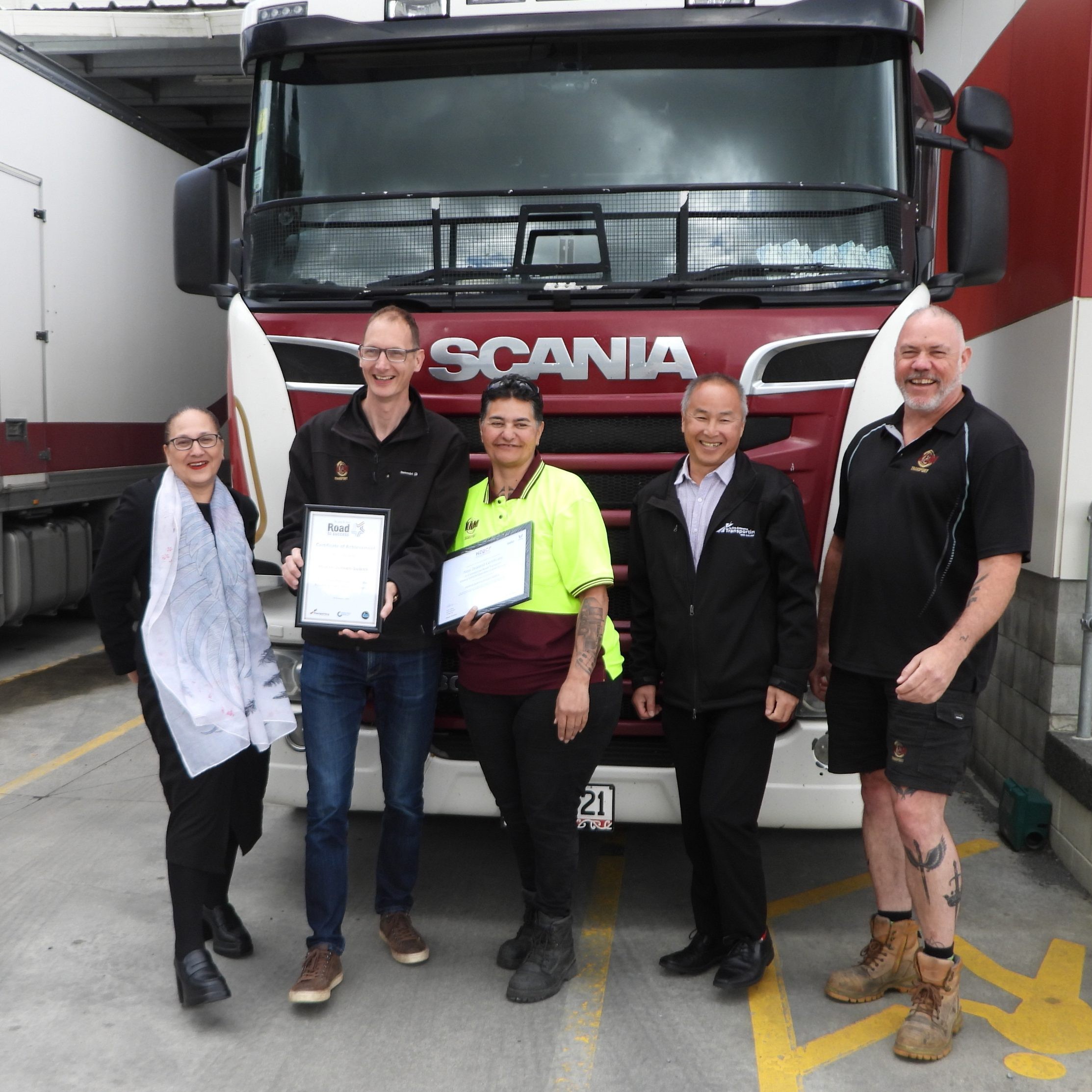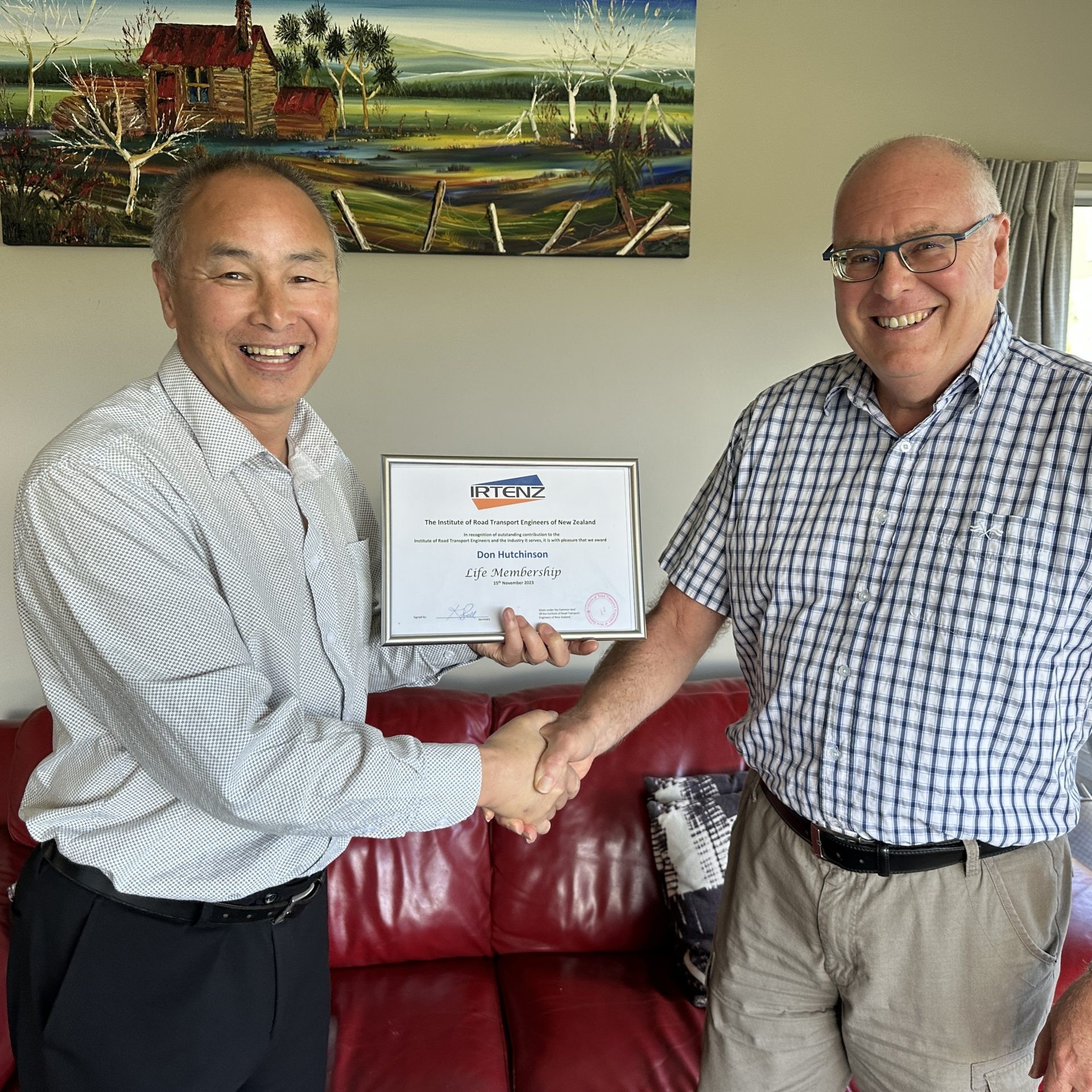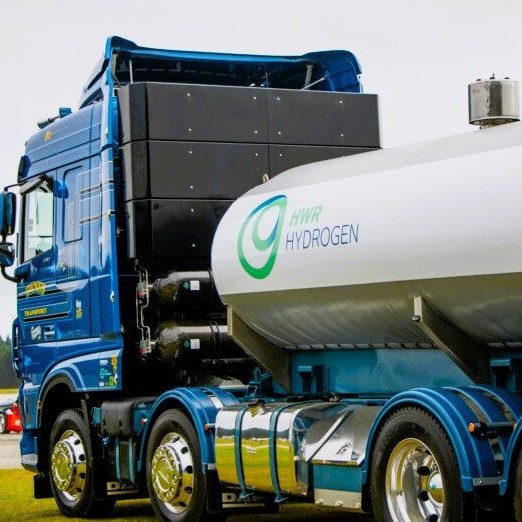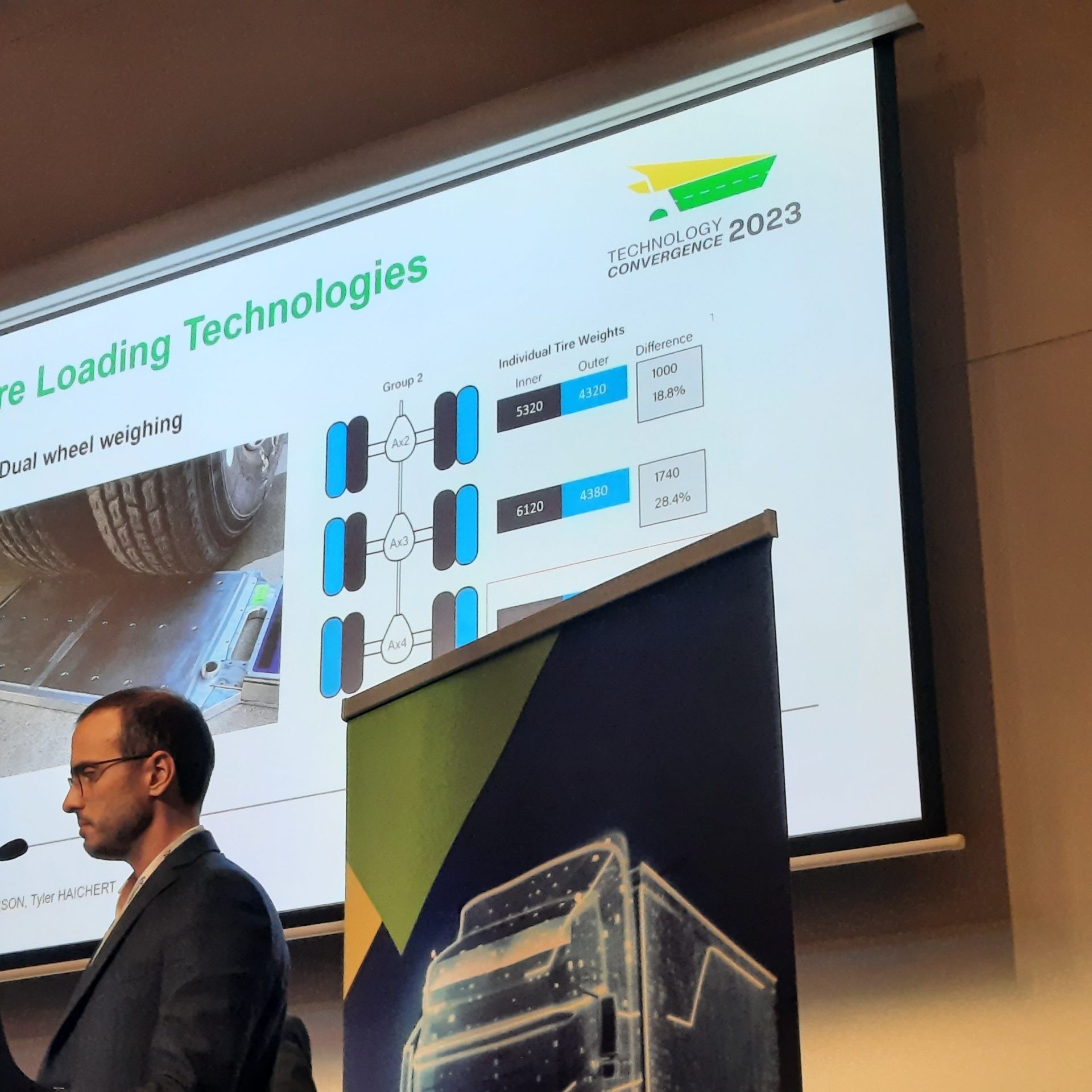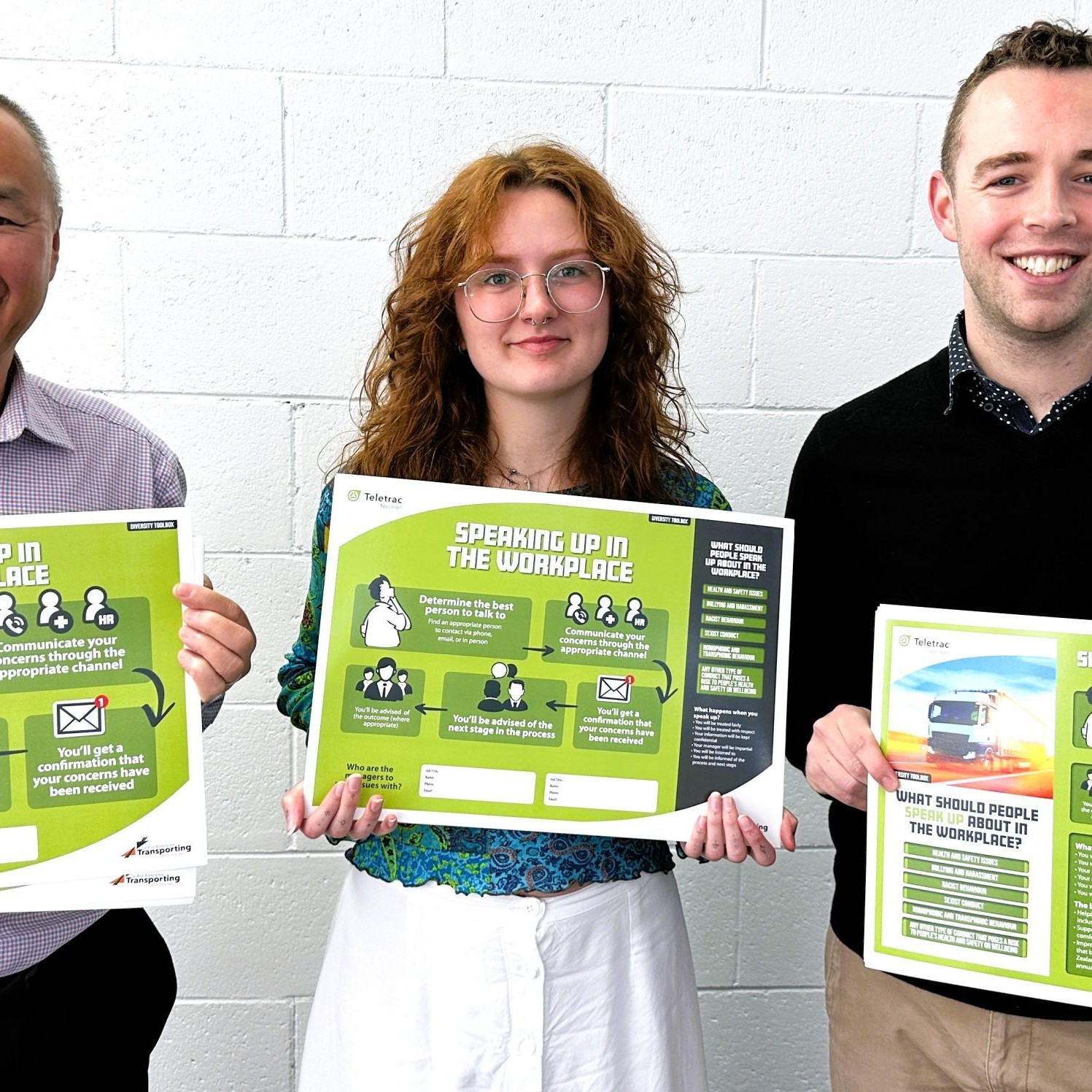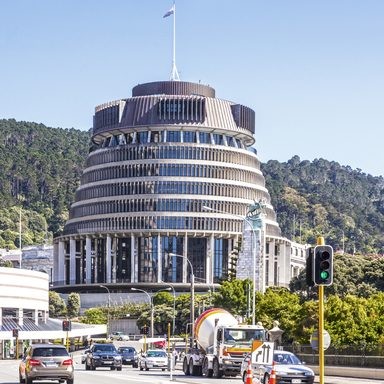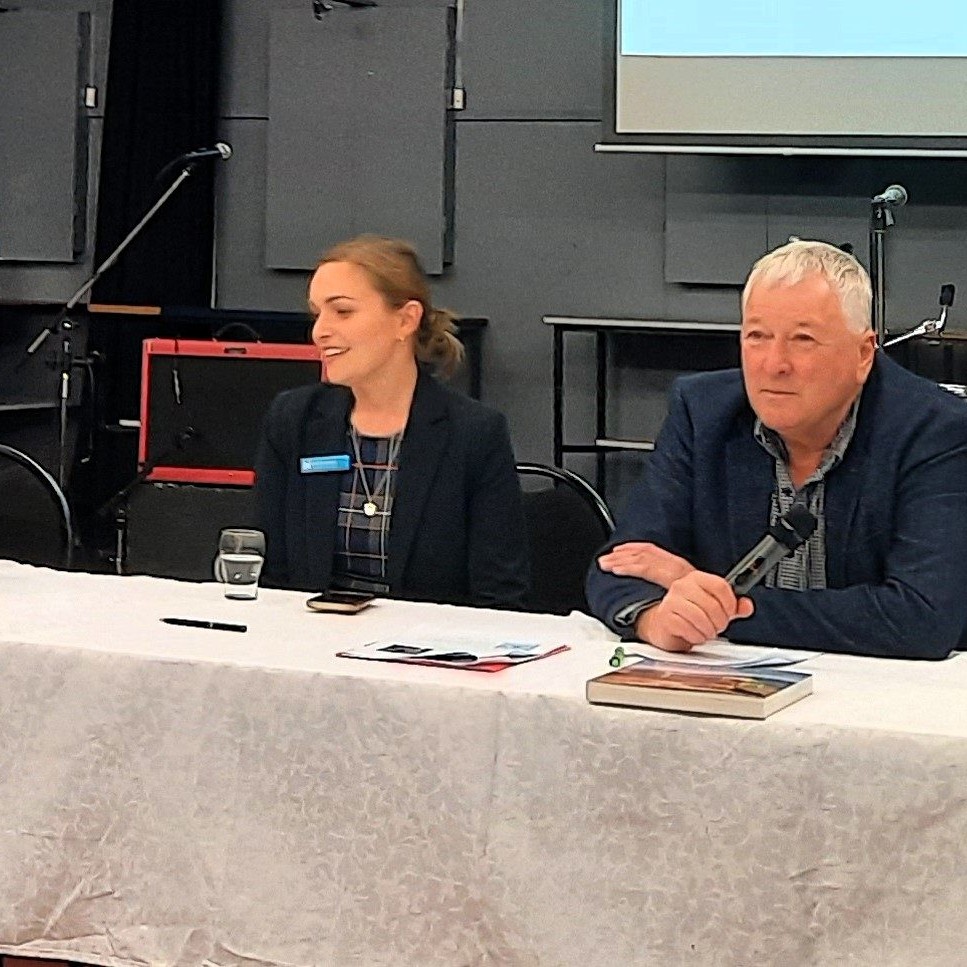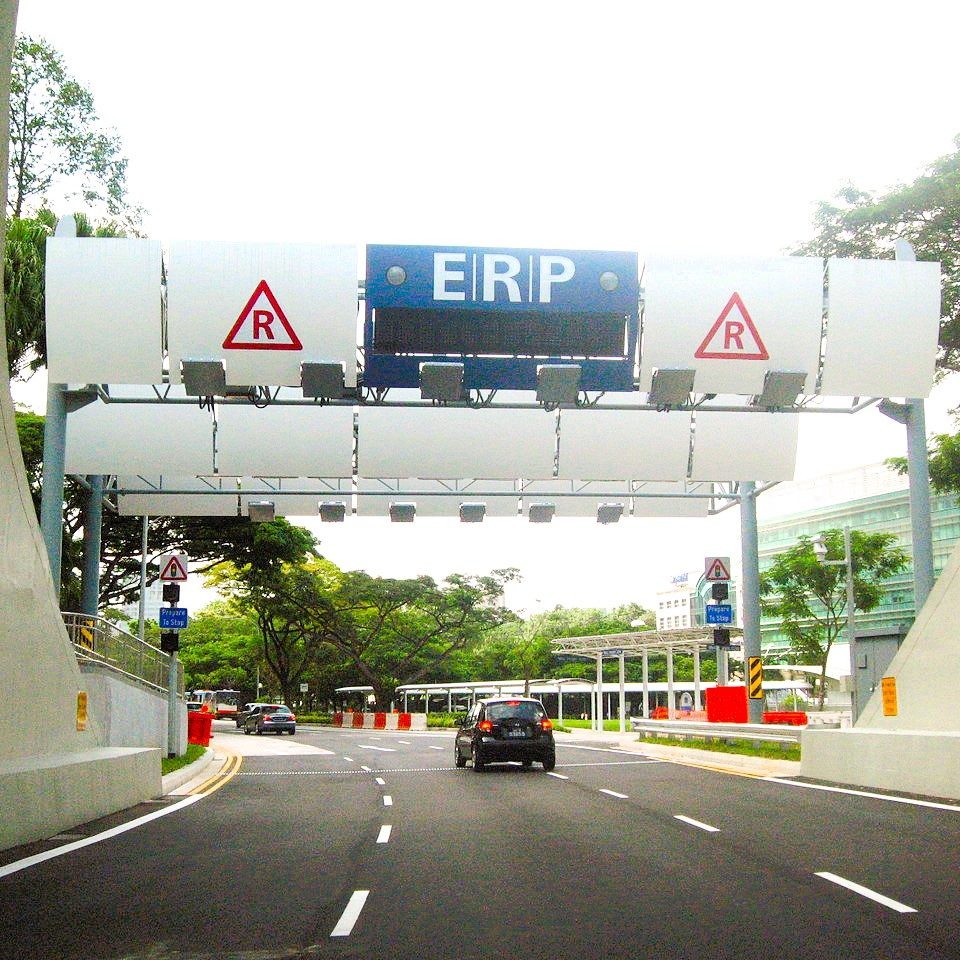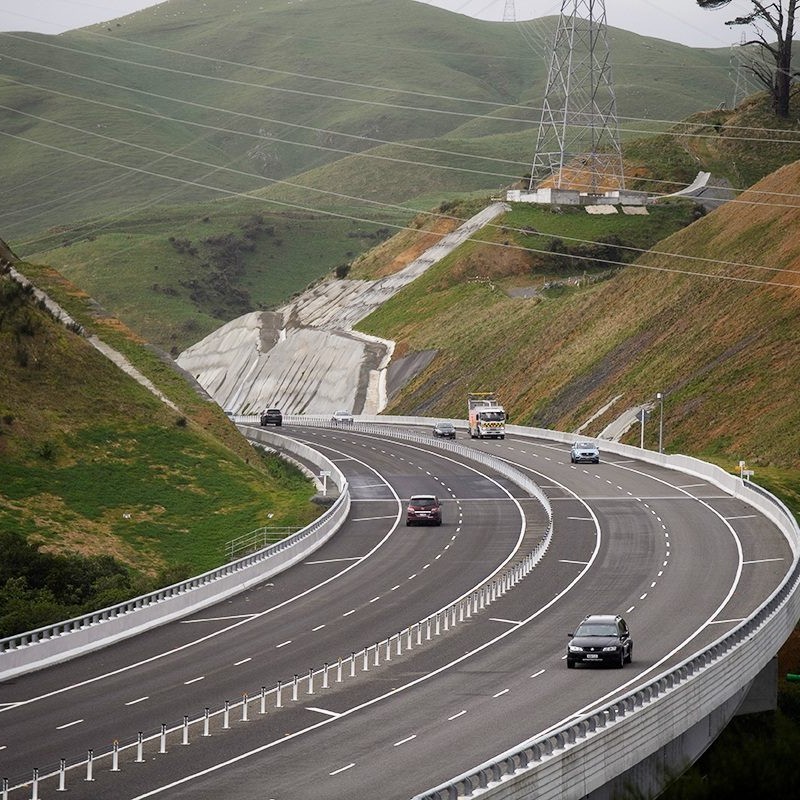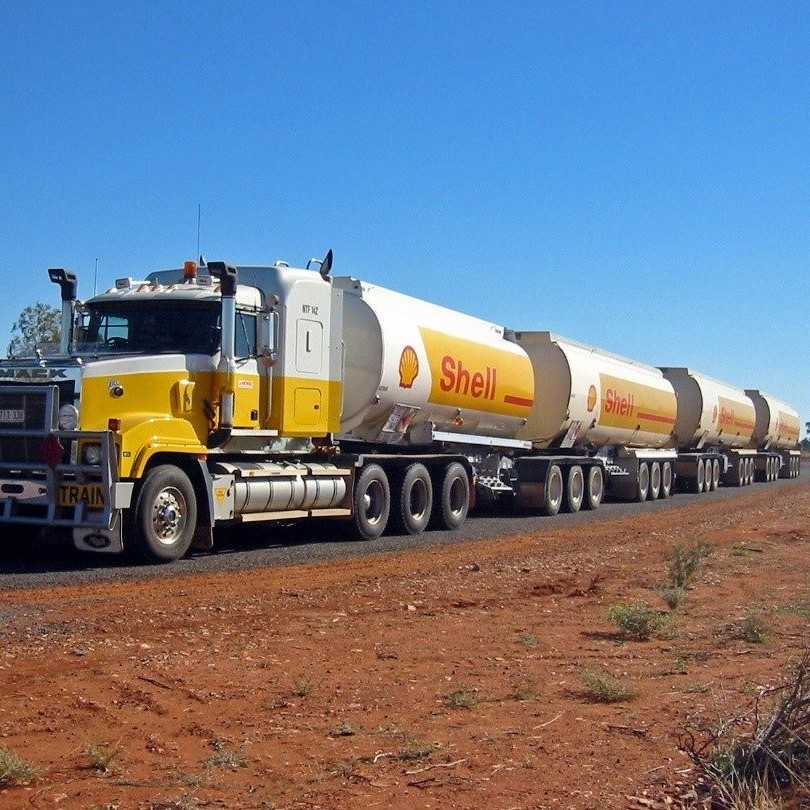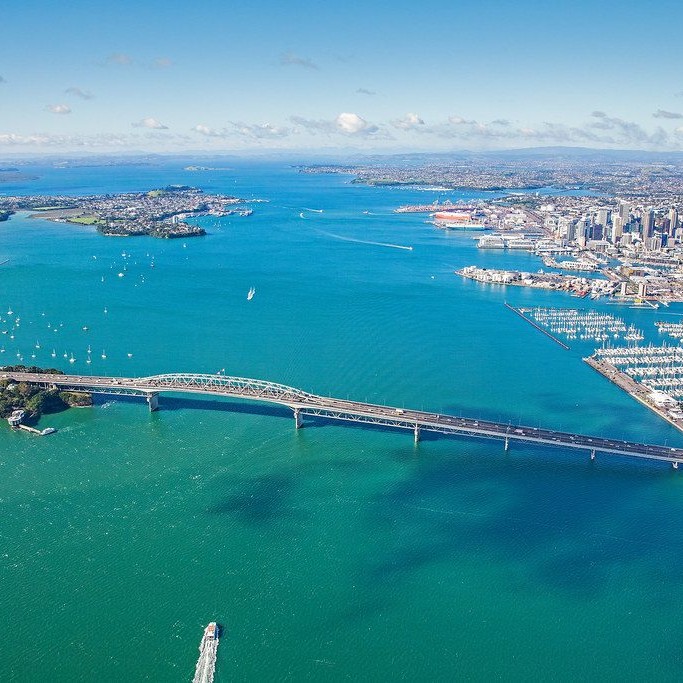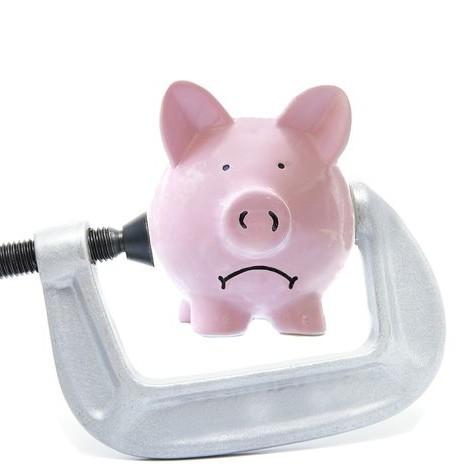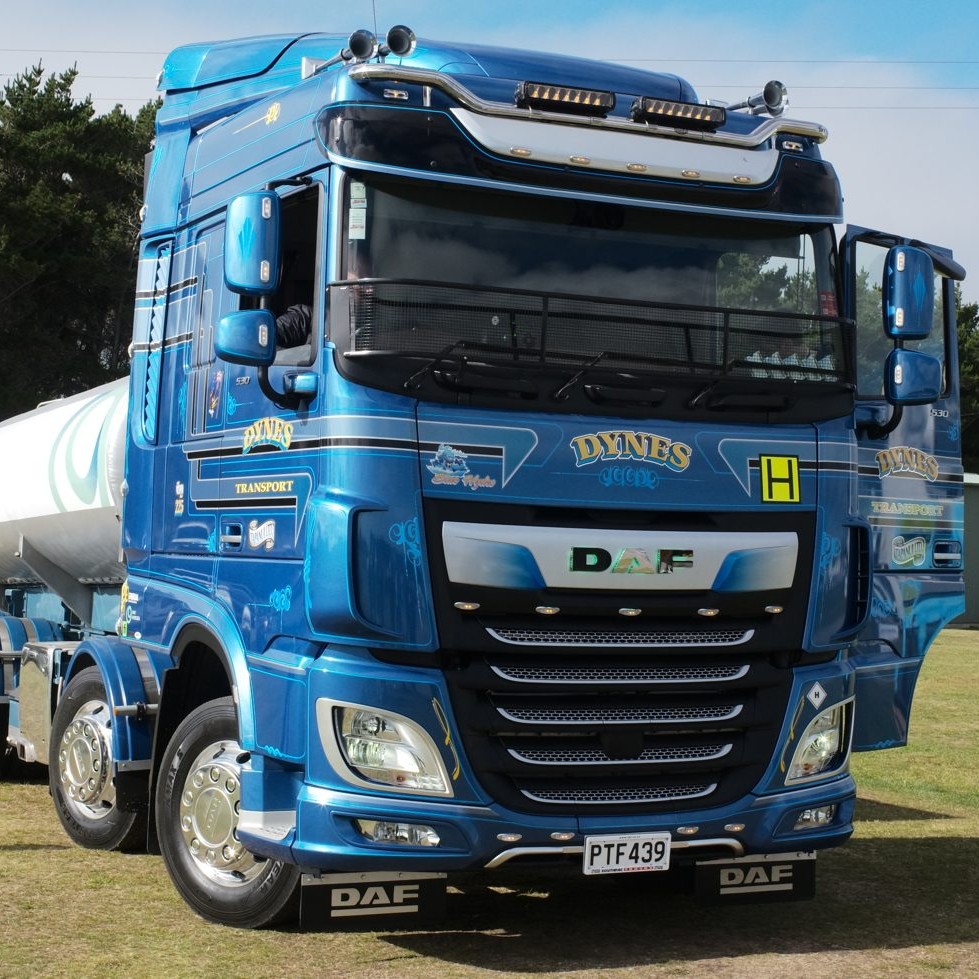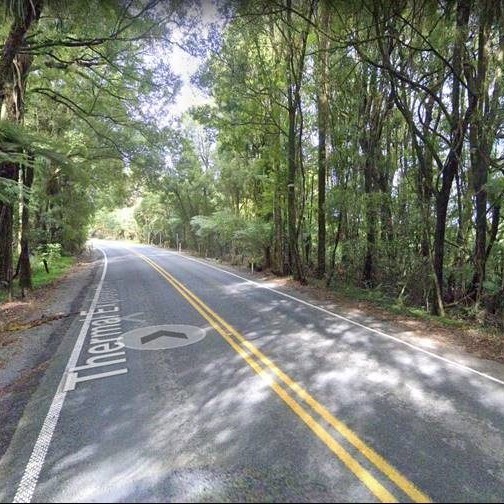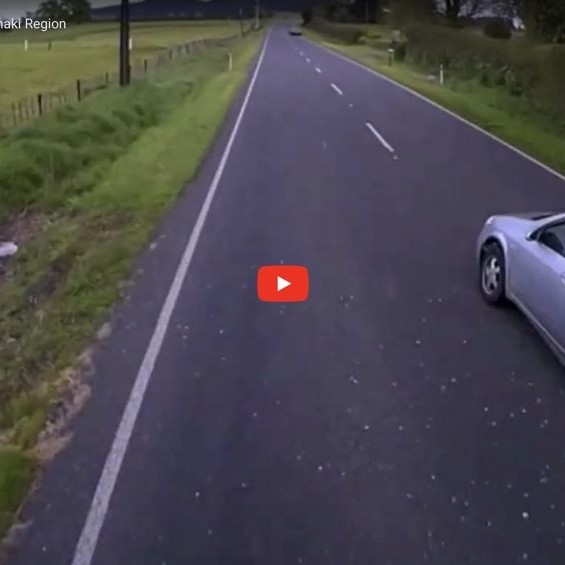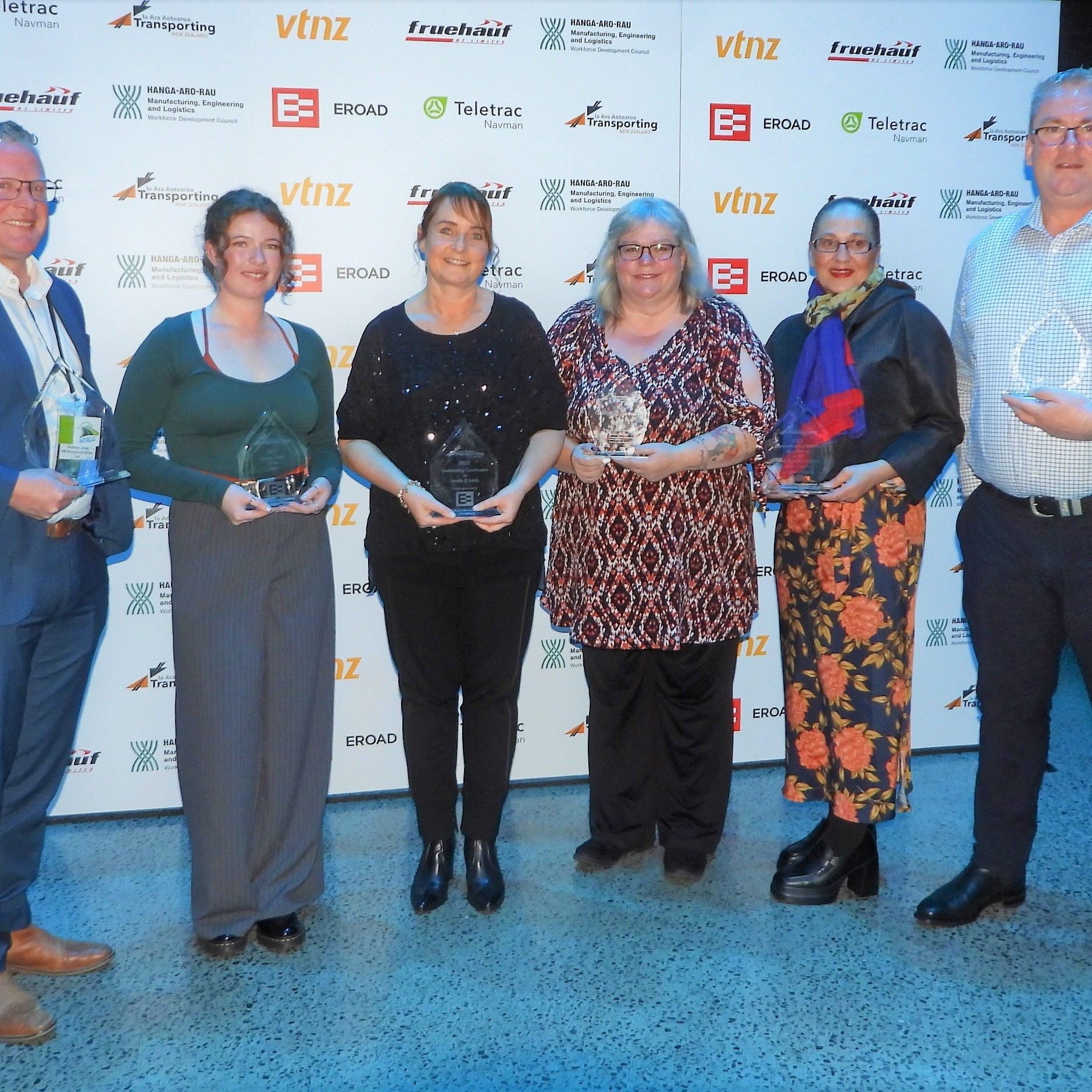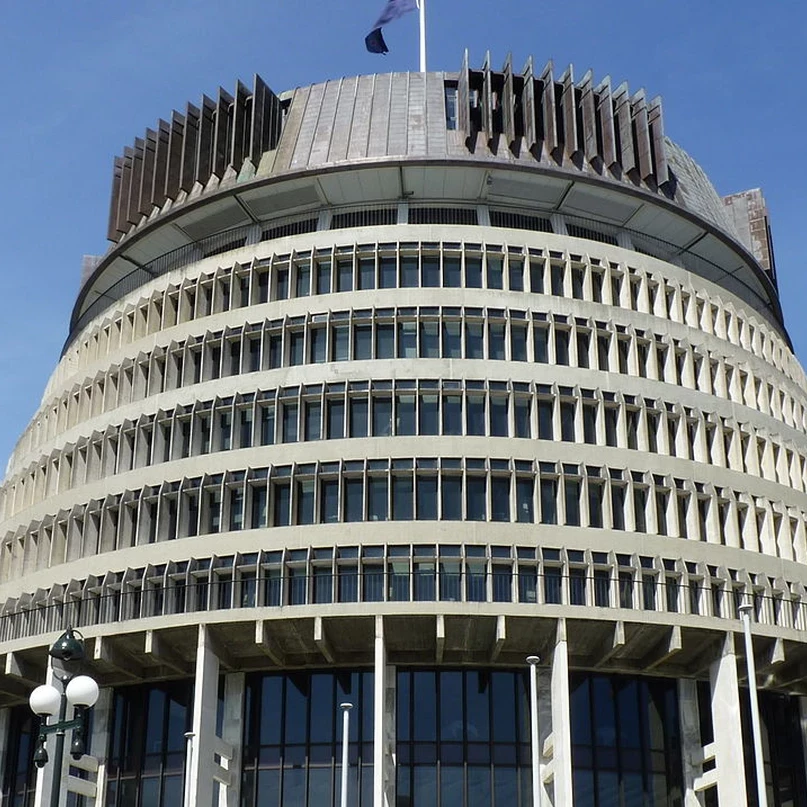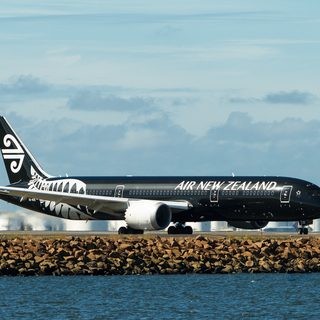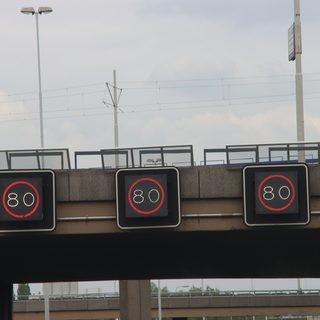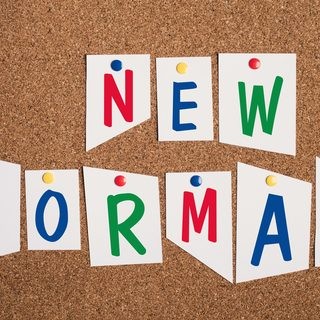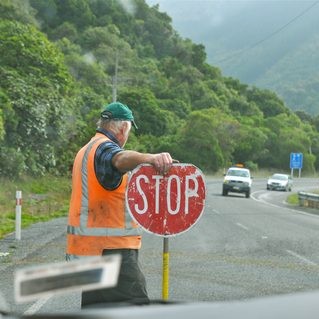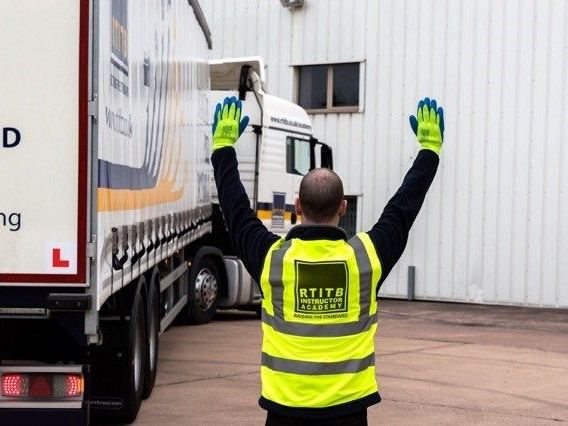
As we will be busy with our annual conference next week, I thought this week I’d remind operators that RUC returns to earlier levels as the government’s Transport Support Package ends on June 30.
It’s worthwhile reflecting on how that relief played out in our space.
The discount package was originally introduced to help businesses and families better withstand the disruptive impact caused by Covid-19 and a global surge in fuel prices.
In 2022, Transport Minister Michael Wood announced that from late April, RUC would be cut by 36 per cent for three months. Although not all road freight industry groups supported the approach, Transporting New Zealand led calls for an extension of the package. The fact government ultimately heeded our call, extending the relief package not once, but three times, indicates to me that it was beneficial to NZ Inc. and clearly that vindicates our approach.
While we would have preferred to wait until inflationary pressures eased some more before ending the discount, we are realistic and never expected this subsidy to continue forever. It appears that inflation may now have peaked. Fuel prices have now come down from pandemic highs.
Another reflection for me was how some operators were treated by their customers. In some cases, rather cheekily in my view, instead of paying the full invoice cost, customers paid only the amount they calculated would reflect the RUC discount. I’ll leave you to form your own view of what you think that says about how some transport operators are treated, but sadly what we are hearing is there is increasing pressure being placed on operators by procurers.
For example, when procurers require investigations when a truck turns up late, this places considerable pressure on the operator. Frustratingly, often the factors causing delays are outside of the direct control of the operator, such as unforeseen traffic congestion, road works, or detours.
As land value increases, the areas for receiving goods are getting more and more constrained. Good practice, including minimising large combination reversing manoeuvres, are becoming less common, which ultimately transfers more risk onto the operator.
We are currently in discussions with the Ministry of Transport, MPI, Waka Kotahi, ACC, and WorkSafe, about this worrying trend. As it stands, transport operators are overly exposed as they are an easy target. There aren’t many occupations where you can expect to be stopped by police or followed by animal welfare inspectors and potentially receive infringement offence notices as you go about your daily business.
Redressing this requires structural changes and isn’t easy, but I believe we have to do something and are making progress, so watch this space.
On the flip side, there are some excellent customer service provider relationships, where procurers of transport services understand they have a major influence on the safety and wellbeing risks associated with transport services. We applaud that approach.
So, getting back to the RUC changes, these have been signalled well in advance, so please be ready. Make sure you understand all your business costs and are being recompensed by your customers accordingly. Our new cost model can help.
While we may not have all seen eye-to-eye on the RUC discount, we still believe there is value in the road freight industry having a consistent position on as many things as possible, as it reduces the risk of the government using industry misalignment against our sector. So, it was pleasing to see ourselves and National Road Carriers Association broadly agreeing on two recent emissions reduction proposals: The two organisations consulted with one another when making their submissions on Euro 6 Emission Standards and the Climate Change Commission’s second emissions reduction plan.
I know our members want to see the industry speaking with one voice on these issues.
Dom Kalasih is interim chief executive of Ia Ara Aotearoa Transporting New Zealand.


